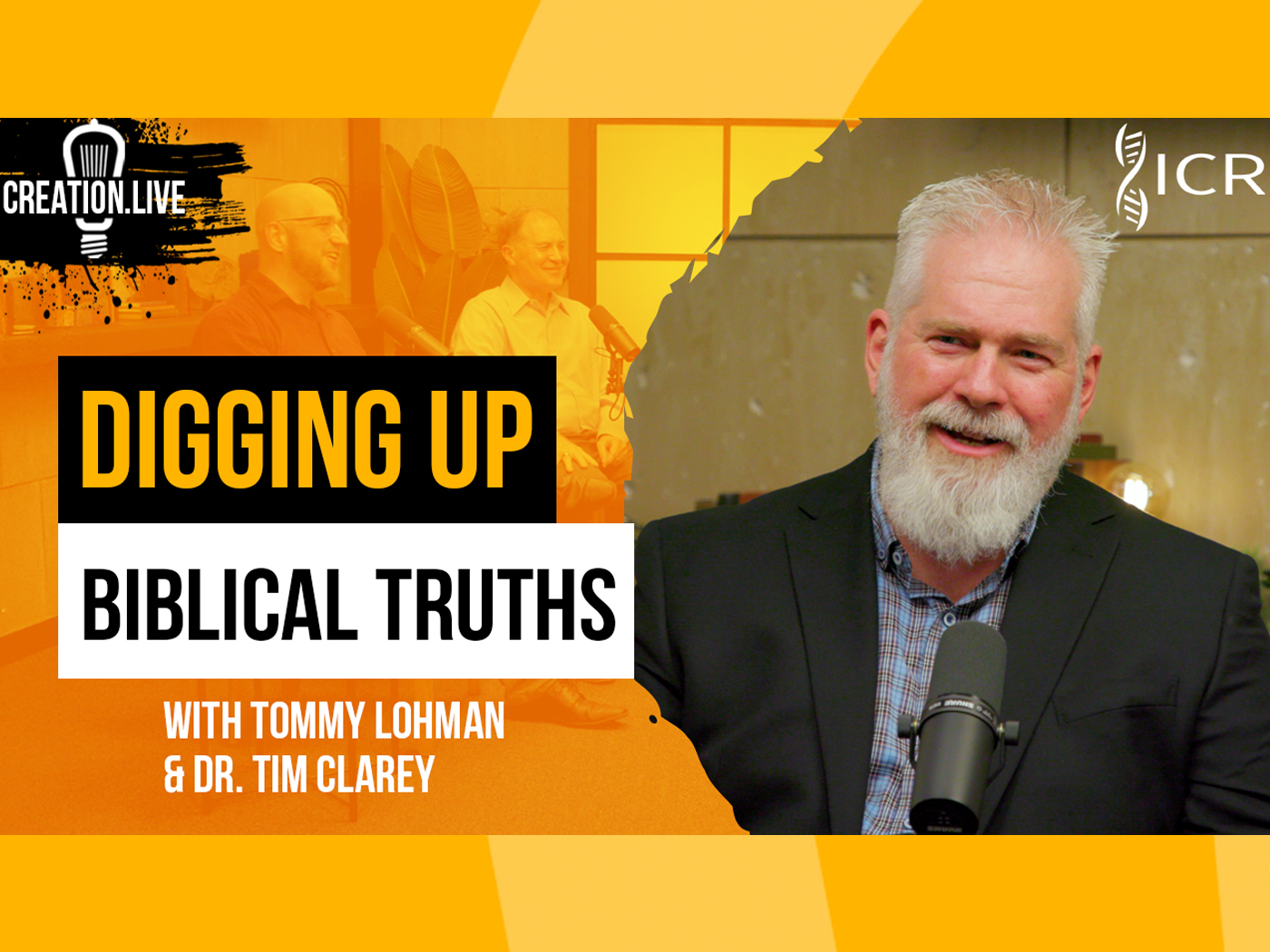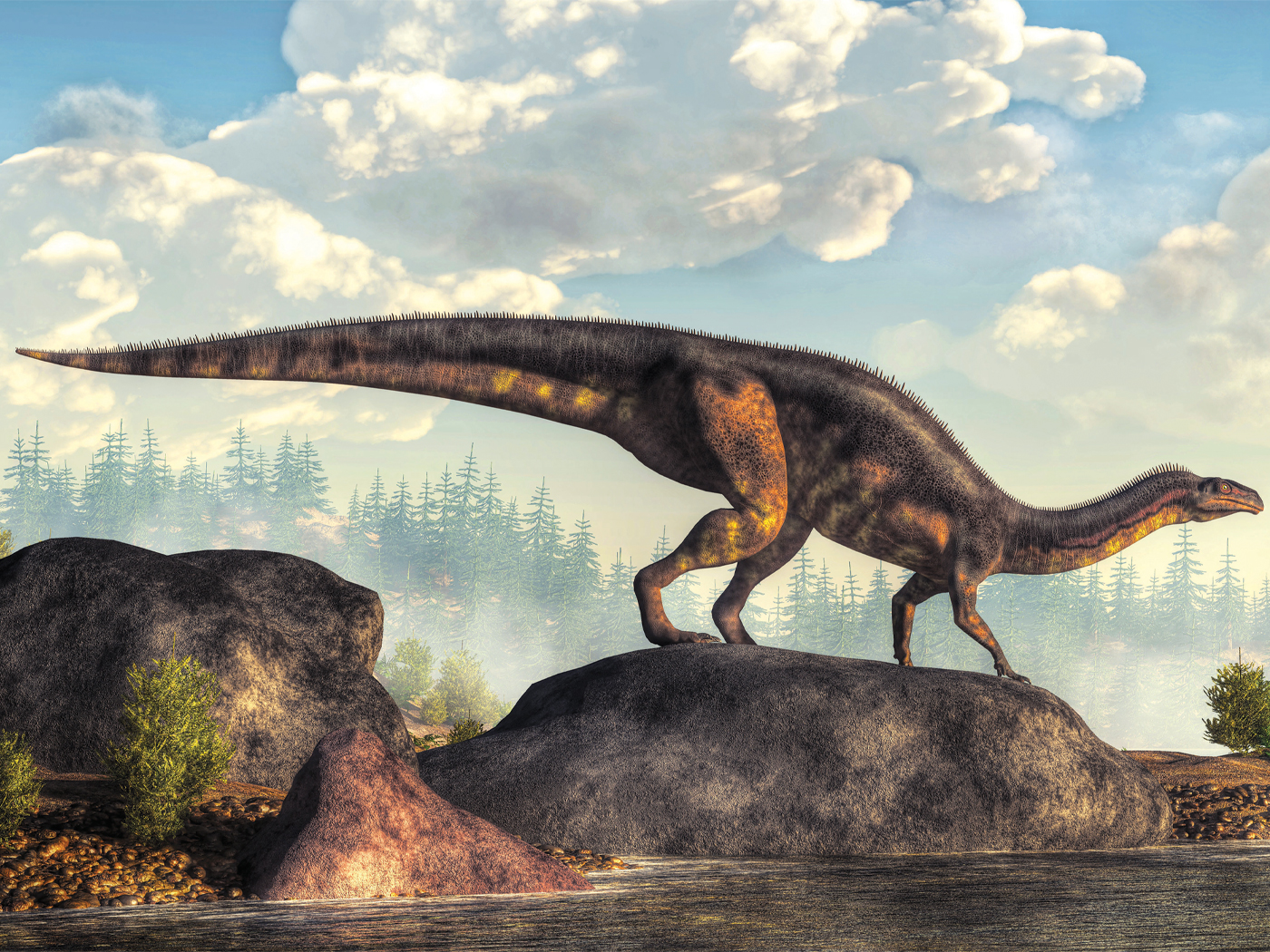Discovery News reported on recent research that suggested people who believe in intelligent design theory (IDT) and reject evolutionary theory (ET) as an explanation for the origins of life do so not necessarily because of religious views, but because they are in need of psychological security.1
The team of Canadian and American psychologists published their report in the online open-access journal PLoS ONE. They analyzed the results of five studies that sampled mostly university students. They found that participants that were primed to think about existential concerns, such as their own mortality, tended to favor intelligent design…which the researchers described as "a purportedly scientific theory that lacks any scientific evidence."2
They speculated, "Individuals respond to existential threat by becoming more accepting of a theory that offers a greater sense of meaning by depicting human life as having ultimate purpose (while appearing consistent with the scientific worldview), and/or less supportive of the theory that is the true mainstay of the scientific worldview but seems to offer little in the way of existential comfort."2
In two studies, the researchers found that different responses were obtained "by teaching participants that naturalism can be a source of existential meaning (Study 4), and among natural-science students for whom ET may already provide existential meaning (Study 5). These reversals suggest that the effect of heightened mortality awareness on attitudes toward ET and IDT is due to a desire to find greater meaning and purpose in science when existential threats are activated."2
The team concluded that "although religious ideology plays a large role in public support for IDT and antagonism toward ET, these attitudes, held by both religious and non-religious individuals, can be partly explained by IDT's potential for assuaging existential anxiety, and ET's apparent lack of an existentially compelling solution to life's origins."2
But this report contains several flaws, the most obvious one being the assumption that intelligent design is not scientific and evolution is.3 Both are only theories regarding the origin of life, since no human was around in the beginning to provide an eyewitness testimony. And claiming that IDT "lacks any scientific evidence" is in itself a loaded statement.4
This study also begs the question: Why not consider mortality in seeking answers to the origins of life? Humans are mortal creatures. The fact that they are even aware of their finiteness sets them apart from other living organisms. Not to mention, their possession of such a faculty also suggests intent, which in turn suggests an intelligent source for humanity's differences.
If innovation and achievement are evidence of humans' longing to add meaning to their lives before death, then it logically follows that an Intelligence originally equipped them with that desire in life―especially since He demonstrated that His own life on earth had purpose.5
References
- English, M. Anxiety May Influence Belief in Intelligent Design. Discovery News. Posted on news.discovery.com March 30, 2011, accessed April 1, 2011. The article made the interesting statement that "[IDT] is not the same as creationism." While creationists and ID proponents agree on that, Judge John E. Jones III's decision in the famous 2005 Dover trial reads, "[Intelligent Design] is a religious view, a mere re-labeling of creationism" (emphasis added). It makes one wonder who establishes the definitions: courts or scientists. See Tammy Kitzmiller, et al. v. Dover Area School District, et al. U.S. District Court for the Middle District of Pennsylvania: Case no. 04cv2688, 43.
- Tracy, J. L., J. Hart and J. P. Martens. 2011. Death and Science: The Existential Underpinnings of Belief in Intelligent Design and Discomfort with Evolution. PLoS ONE. 6 (3): e17349.
- See Morris, J. 2006. Just How Well Proven Is Evolution? Acts & Facts. 35 (2).
- See Evidence for Creation: Evidence from Science. Posted on www.icr.org.
- Romans 5:8.
* Ms. Dao is Assistant Editor at the Institute for Creation Research.
Article posted on April 6, 2011.














